Question And Answer
Publications
Articles, publications, books, tools and multimedia features from the U.S. Institute of Peace provide the latest news, analysis, research findings, practitioner guides and reports, all related to the conflict zones and issues that are at the center of the Institute’s work to prevent and reduce violent conflict.
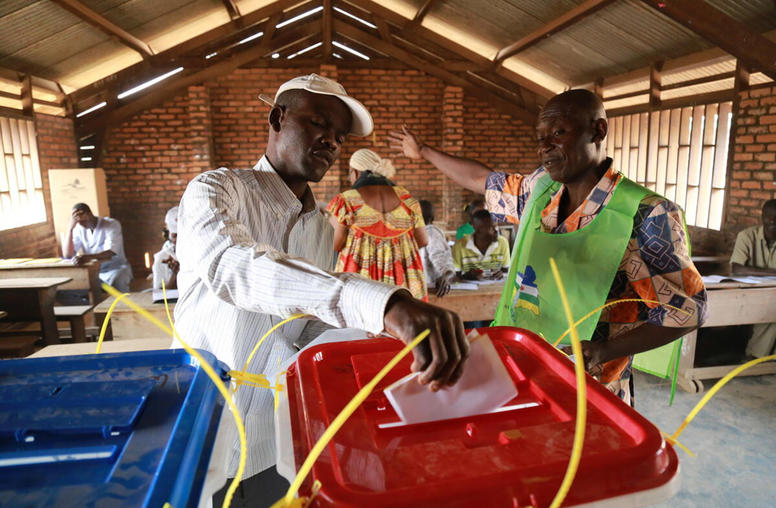
Central African Republic’s Disputed Elections Exacerbate Rising Tensions
After an election period marked by violence and rising tension, the Central African Republic’s (CAR) incumbent president, Faustin Archange Touadéra, has been re-elected, according to the country’s election commission. Days before the vote, a disparate medley of armed groups coalesced to demand the vote be postponed. Since the polls’ closing, there has been a serious spike in violence with fighting in many major towns. The political opposition as well as the newly formed armed coalition have rejected the results and have demanded a re-run election. USIP’s Elizabeth Murray and Rachel Sullivan explain what led to rising violence in the weeks before the polls, what it means for the floundering 2019 peace agreement, and where the international community stands.
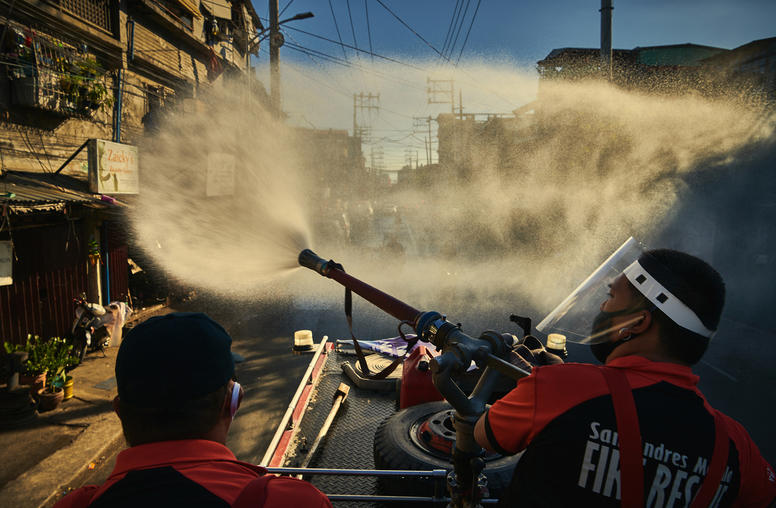
Searching for COVID-19 Ceasefires: Conflict Zone Impacts, Needs, and Opportunities
On March 23, 2020, as COVID-19 was first appearing in many conflict-affected areas, UN Secretary-General António Guterres issued a call for warring parties to cease hostilities and instead wage battle against the pandemic. Drawing on an examination of conflicts in Afghanistan, Colombia, Cameroon, Israel and Palestine, Libya, the Philippines, Syria, Ukraine, and elsewhere—this report looks at how COVID-19 has affected conflict parties’ interests, positions, and capacities, and provides recommendation for how the international community leverage the pandemic to promote peace.
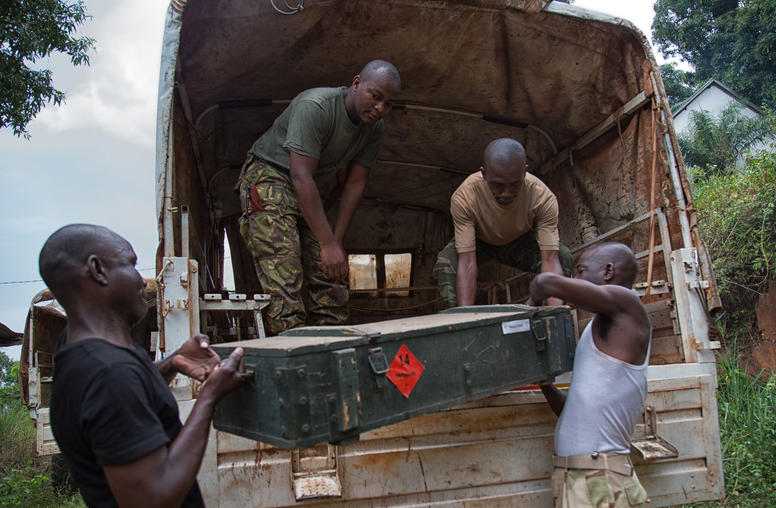
Central African Republic Struggles to Implement Peace Deal
The peace agreement signed in the Central African Republic (CAR) in early 2019 is the eighth in seven years, numbers that suggest how difficult it will be to even attempt to end to the country’s multi-sided conflict. That said, the accord this time was reached after more extensive preparations for talks and with greater international support than in the past, perhaps improving conditions for a sustainable halt to violence that has displaced more than 1.2 million people.
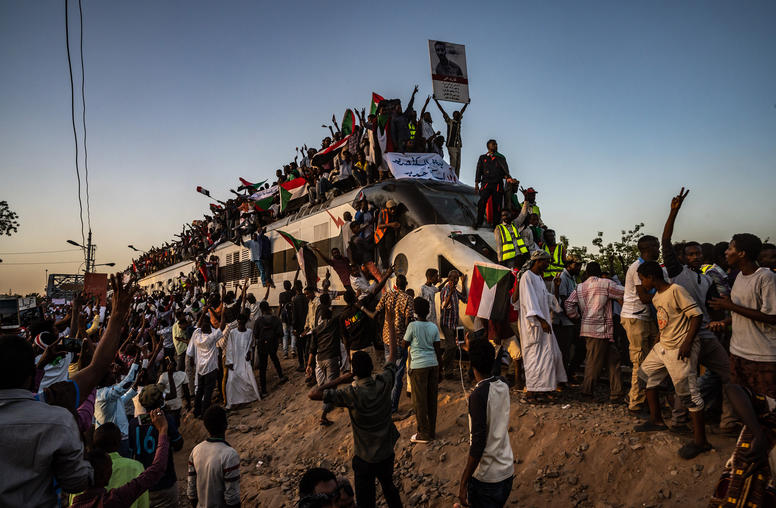
Sudan Remains at a Stalemate After the Military’s Crackdown
It’s been over two months since Sudan’s longtime dictator, Omar al-Bashir, was overthrown by the country’s military following months of popular protests. On June 3, the Transitional Military Council (TMC)—which has been ruling since Bashir’s ouster—escalated its lethal crackdown on peaceful protesters in Khartoum and other cities. The protesters say that their demand is the same as before—a transition to civilian rule—but that they will not negotiate with the TMC unless it first meets certain conditions. What’s happening in Sudan? When will negotiations on the country’s transition resume? How can the international community help? USIP’s Elizabeth Murray discusses the latest on the situation in Sudan.
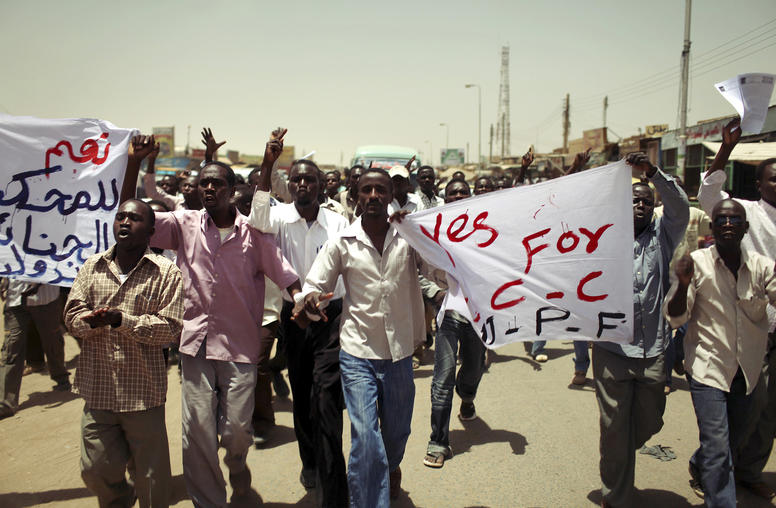
After Bashir, A New Dawn in Sudan? (Part 1)
Longtime Sudanese dictator Omar al-Bashir was ousted last Thursday, 30 years after he took power in the same fashion he was overthrown: by a military coup. The military takeover was spurred by months of popular protests over rising food prices, economic mismanagement and demands...
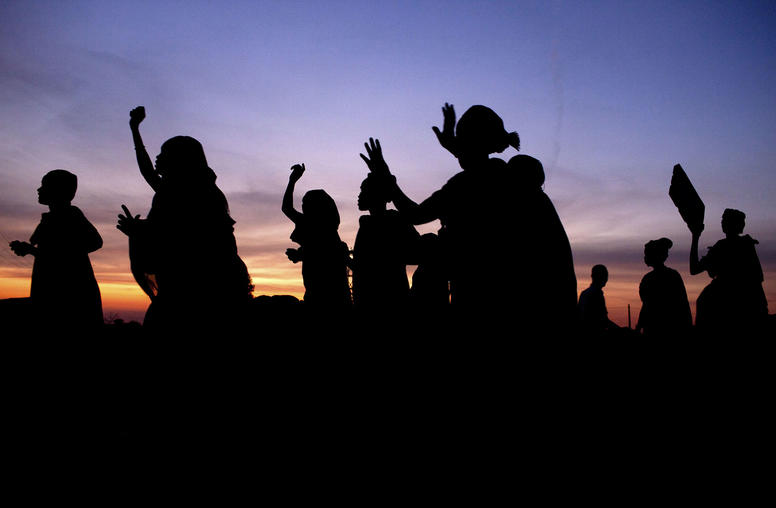
After Bashir, A New Dawn in Sudan? (Part 2)
Longtime Sudanese dictator Omar al-Bashir was ousted last Thursday, 30 years after he took power in the same fashion he was overthrown: by a military coup. The military takeover was spurred by months of popular protests over rising food prices, economic mismanagement and demands for a...
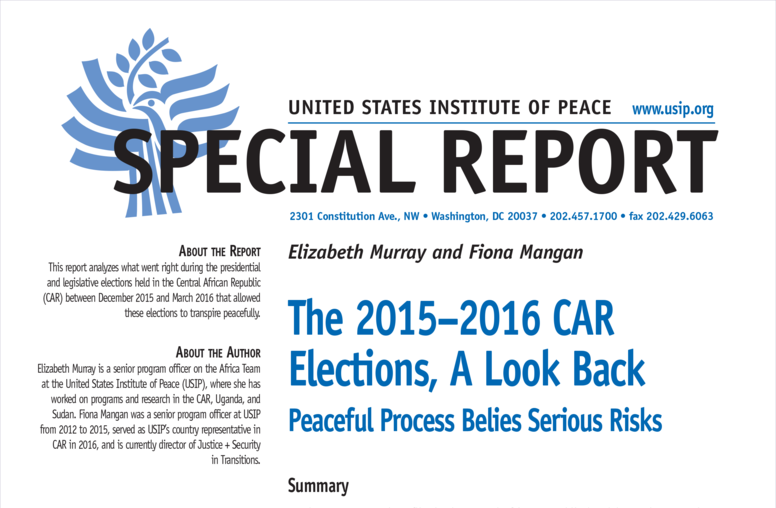
The 2015–2016 Central African Republic Elections, A Look Back
Plagued by successive coups and waves of violent conflict since its independence in 1960, the Central African Republic managed to hold its first peaceful elections in late 2015 and early 2016. Fears of widespread violence proved unfounded. This report focuses on what went right in those elections and how those conditions have not held a year later, allowing violence to return to the country.
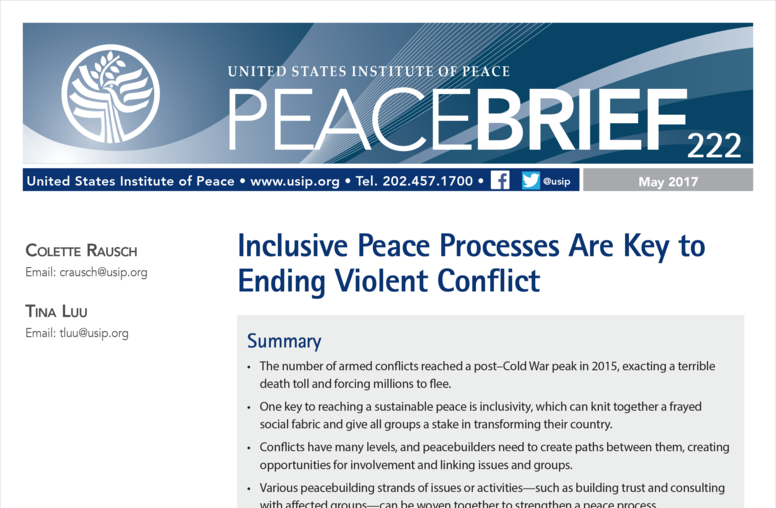
Inclusive Peace Processes Are Key to Ending Violent Conflict
Violent conflict, refugee flows, and internal displacements present international policymakers and practitioners today with unprecedented challenges. Tackling these problems requires not only signed peace agreements but also sustainable peace. It is not enough to bring armed actors to the negotiating table, however. To be effective, the peace process needs to be inclusive and participatory. But what constitutes inclusive participation, and how can peacemakers and peacebuilders achieve it in their own, very different societies? Drawing on discussions in a public forum held in early 2017, this Peace Brief looks at the elements of peacebuilding and explains how critical inclusive participation is to that process.
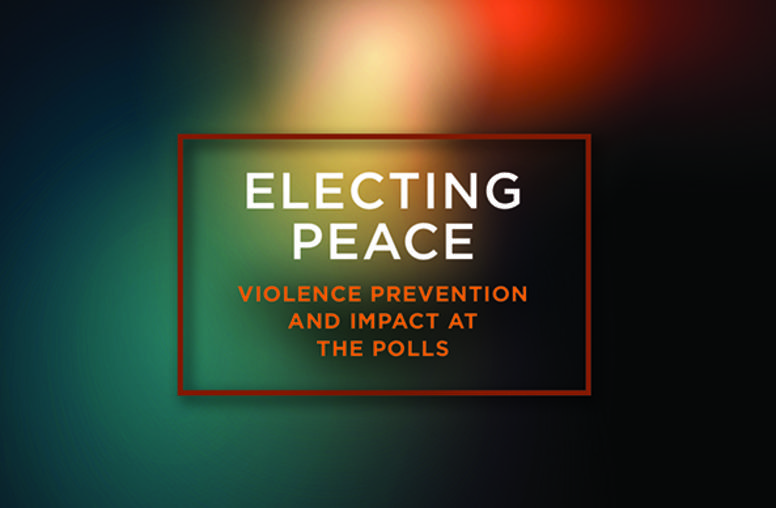
Electing Peace
Electing Peace: Violence Prevention and Impact at the Polls examines election violence prevention and assesses the effectiveness of different prevention practices—which are effective, which are not, and under what circumstances.
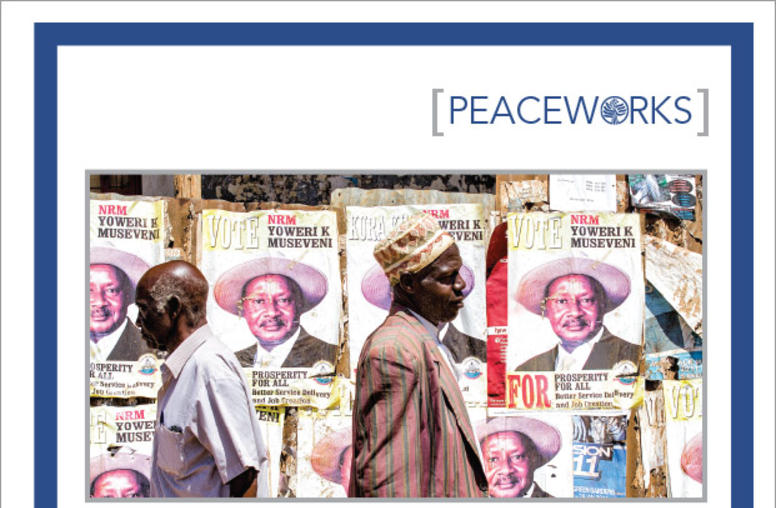
Weak Ugandan Democracy, Strong Regional Influence
Ugandan President Yoweri Museveni’s reputation is weakened by his unwillingness to leave office: he was elected for a fifth term of office in February 2016 in an election that drew international criticism. This report, a joint publication of USIP and the Institute for Security Studies, explores key elements of Uganda’s domestic politics and foreign policy as well as the impact they have in the region and internationally.